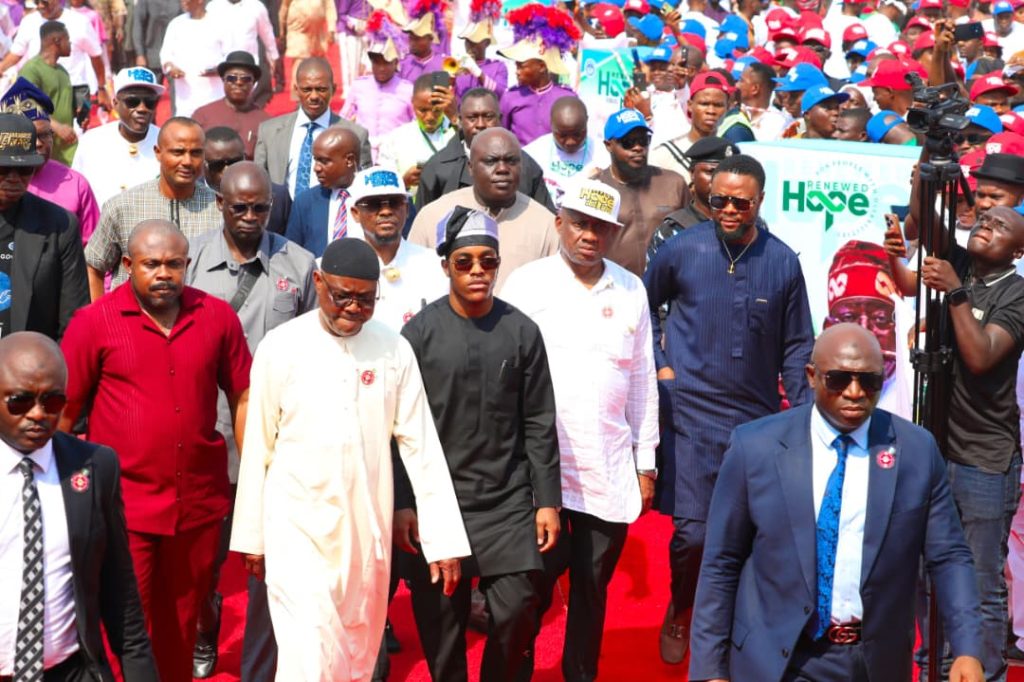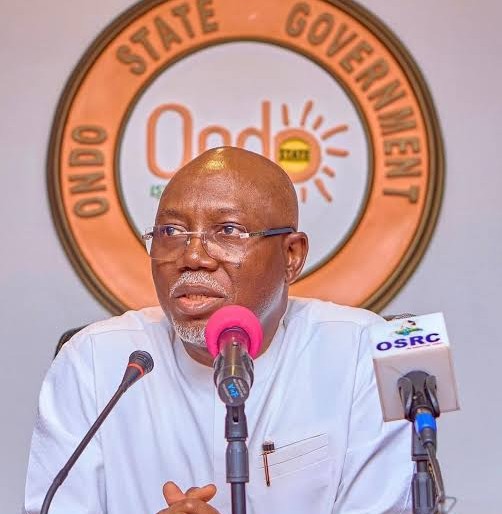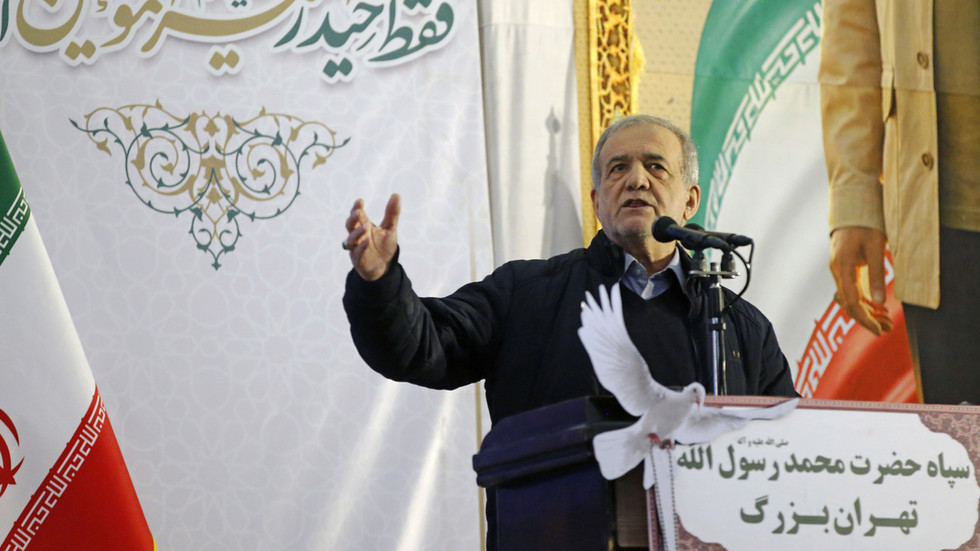A Nigerian opposition leader has cautioned against calls to entirely replace the nation’s constitution, advocating instead for gradual amendments to address systemic challenges. Senator Abba Moro, Minority Leader of the Senate and member of the Peoples Democratic Party (PDP), argued that Nigeria’s foundational legal document should evolve through targeted revisions rather than a full overhaul, citing historical precedents and stalled reform efforts.
Moro traced the current constitution’s origins to periods of military rule, noting that its predecessors were abandoned due to crises and governance failures. “Military interventions arose from flawed implementation of past constitutions, leading to political instability,” he said. While acknowledging the current framework’s imperfections, he emphasized incremental improvements over sweeping changes, asserting that a constitution should remain a “living document” responsive to societal needs.
The senator pointed to unresolved recommendations from past reform initiatives, particularly the 2014 National Conference convened under former President Goodluck Jonathan. That assembly proposed decentralizing power to address regional imbalances—an idea Moro described as a “beautiful document” that never saw implementation. He criticized recurring demands for constitutional overhauls through new conferences, questioning the legitimacy of recent advocacy groups. “Who appointed these current voices calling for a total rewrite? How representative are they?” he asked, contrasting them with Jonathan-era delegates who were formally nominated by constituencies.
Moro stressed the urgency of political will to amend contentious clauses, including provisions infringing on human rights, and to incorporate missing elements reflecting contemporary values. “With sustained commitment, we can refine the constitution step by step instead of discarding it entirely,” he argued, dismissing calls for a new draft as repetitive and lacking broad mandate.
The debate over constitutional reform remains central to Nigeria’s efforts to tackle insecurity, economic disparities, and interregional tensions. While advocates for a complete overhaul argue the current system entrenches centralized power, Moro’s stance aligns with policymakers favoring pragmatic adjustments. His remarks underscore persistent frustrations over Nigeria’s struggle to enact systemic changes despite decades of dialogues and recommendations.
As national discussions continue, the focus shifts to whether incremental reforms can sufficiently address demands for equity, resource distribution, and governance efficiency—or if mounting pressures will reignite debates about starting anew. For now, lawmakers like Moro insist that gradual progress, though slow, offers a more viable path to stability than pursuing an elusive “perfect” constitution.



